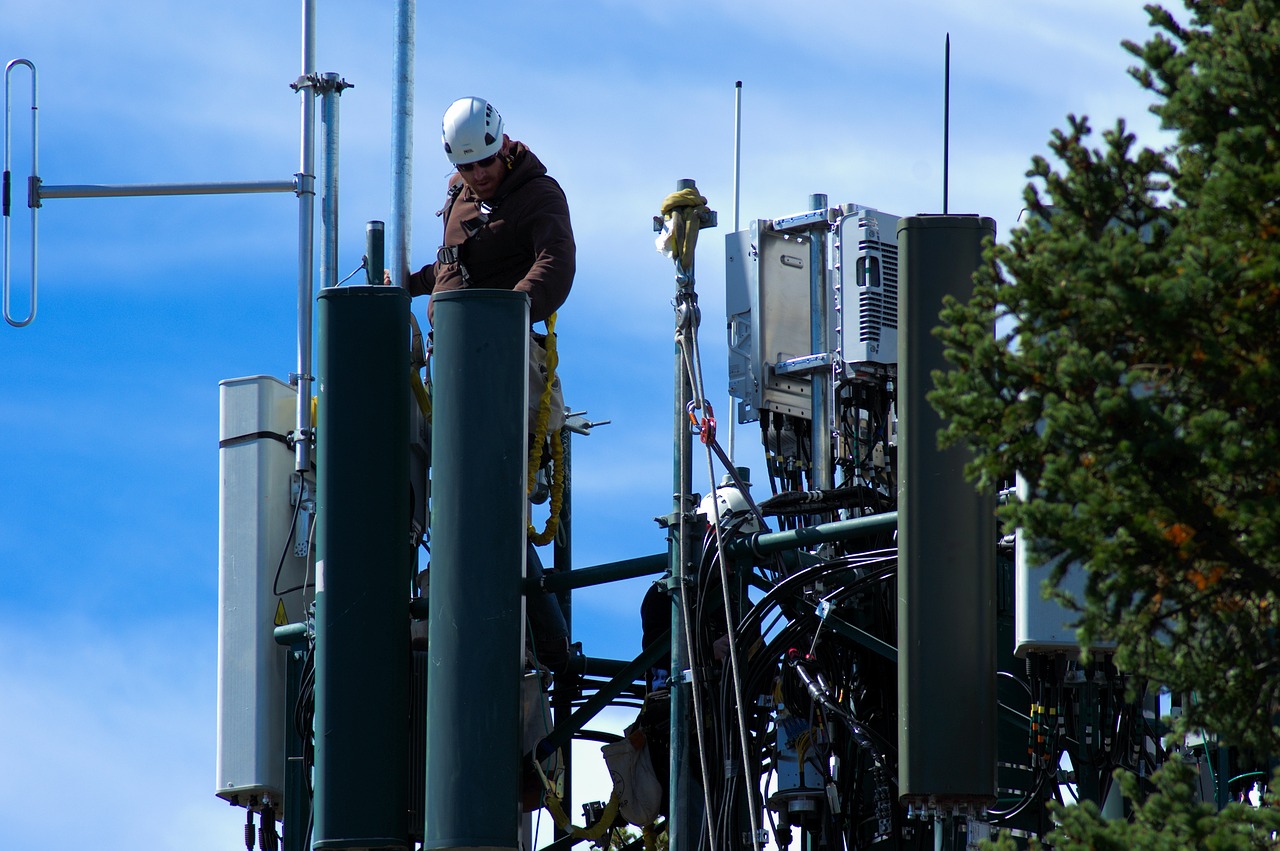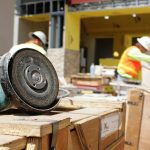Learn more about encroachment bonds below, and contact Surety Bond Professionals today to request a quote. Our experienced surety agents are ready to help you get the bonds you need.
What Are Encroachment Bonds?
Encroachment occurs when a private entity wants to place a cell tower, utility pole, fence, billboard, or other “encroachment” on private property adjacent to public property. The contractor hired to do this work must first obtain an encroachment permit, which includes purchasing an encroachment surety bond.
While the details vary from state to state, the state’s Highway Department or Department of Transportation typically is the agency that issues encroachment permits and requires the purchase of these bonds. In some states, however, encroachment permits may also be issued by local jurisdictions.
An encroachment bond provides a guarantee that the contractor will act in accordance with applicable state and/or municipal laws and regulations when placing the encroachments on the private property. These will be specified in the bond agreement. The bond agreement makes the contractor legally responsible for preserving and protecting adjacent public property. They are also responsible for the cost of repairing any damage or alterations and restoring the public property to its pre-encroachment condition.
Who Needs Them?
Any contractor hired to place encroachments on private land adjacent to public property must purchase this bond in order to obtain an encroachment permit.
How Do They Work?
There are always three parties involved in ever surety bond agreement: the obligee, the principal, and the surety. In the case of an encroachment bond, the State Highway Department or other agency requiring the bond is the obligee, the contractor is the principal, and the company issuing the bond is the surety.
The obligee sets the required bond amount high enough to cover the cost of restoring the adjacent public property to its original condition, including inspection costs incurred by the obligee. For this reason, a typical encroachment bond will have a penal amount of $100,000 or more (but the contractor will only pay a small percentage of this amount as the premium rate). If the principal fails to repair any damage and completely restore the public property or otherwise violates the terms of the surety bond contract, the obligee can file a claim against the encroachment bond.
What Happens if a Claim is Filed?
When a claim is filed, the surety will attempt to negotiate a settlement. But if that’s not possible, the surety will go ahead and pay the claim. That payment, however, is only an advance to the principal. It is essentially a short-term loan to give the principal time to liquidate assets if needed and gather the funds to cover the claim.
The principal is the party who is legally obligated to pay all claims. An indemnification clause in the surety bond contract holds the surety harmless and requires the principal to reimburse the surety for the amount paid out on the claim.
What Do They Cost?
The premium for an encroachment bond is a small percentage of the required bond amount. The surety assigns the premium rate to each bond applicant based primarily on the contractor’s personal credit score, though other factors like business history may also enter into the calculation.
In general, bond applicants with good credit will pay the standard market rate of between 1% and 3% of the total bond amount. Applicants with poor credit may pay a higher premium rate.
Get A Quote
If you have a project that will require an encroachment bond, contact us for a quote today. Our knowledgeable agents can help you to understand your surety requirements and get you the bonds you need at competitive rates.






